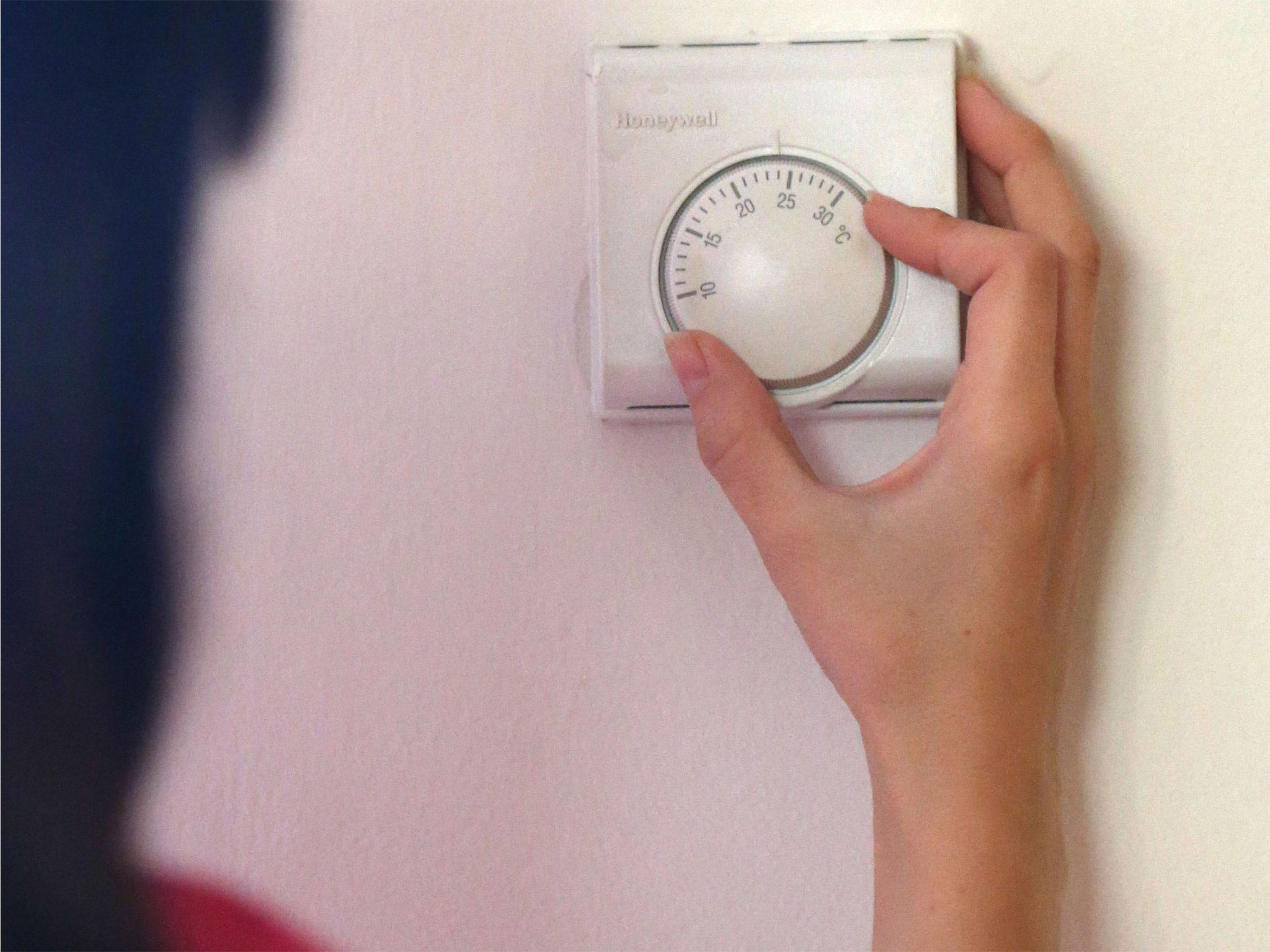Social tenants locked into energy tariff for 40 years
Many Londoners who live in social housing estates are not allowed to switch because their landlord has ‘locked’ them in to buying from one supplier

More people than ever are finding the costs of heating and lighting their homes are becoming unaffordable. The simplest way to combat the problem is to switch energy tariff with experts reckoning those that have never switched could save up to £300 a year.
But many Londoners who live in social housing estates are not allowed to switch because their landlord has ‘locked’ them in to buying from one supplier.
In one shocking case, residents of Myatts Field North estate in Lambeth have been locked in to buying their heating and hot water from E.on for 40 years under a Private Finance Initiative contract agreed by Lambeth council.
Liz Wyatt from Fuel Poverty Action, which uncovered the scandal, said: “The government’s solution to the fuel poverty and energy bill crises has been a mantra of ‘switch, switch, switch to bring down the bills’. While we know that constantly switching will not lower energy costs to an affordable rate, we’re concerned that some social tenants do not have this option to try to get some of the better deals.”
Surprisingly, getting the cheapest deal for their low-income residents, as they have the power to do, does not seem to have been a factor in some landlord’s choice of deal.
“Social landlords should be using their role to help alleviate poverty and empower their residents,” said Liz Wyatt. “Localised energy could be a part of this if these social landlords were to find the cheapest deal for their tenants and support community-run energy initiatives. Instead, they are making bad deals with energy suppliers without consulting their tenants and are failing to respond to tenants’ concerns.”
One resident from Myatts Field North estate said: “Intermittent hot water has been a problem and they have finally admitted that our block is being starved of hot water because they cannot balance the system. If we were not chained to this contract many of the residents would move supplier.”
A resident from Pembroke Park estate in Eascote in north west London said: “Social housing tenants, many of whom are low-income and have disabilities, are locked in to this energy system. It costs £50 for hot water and heating in our home for nine days, that is the reality.”
Fuel Poverty Action is calling for social housing tenants to be given the power to switch supplier. “These energy monopolies are forcing tenants deeper into fuel poverty as they do not have the option to look around for cheaper deals and discounts,” pointed out Liz Wyatt.
The news follows shock new figures published last week that revealed that almost 15,000 people died last winter through living in cold homes that they couldn’t afford to heat.
The research from the Energy Bill Revolution showed the number of excess winter deaths surged last winter to 49,260, of which around 14,780 were due to people living in cold homes.
Meanwhile research published last month that revealed that some 14.3 million households turned off heating at some point last winter to cut energy bills.
Some two-fifths of consumers said they left their oven door open after cooking and a quarter wore a coat, scarf or hat indoors to keep warm rather than turning on their heating, according to the uSwitch survey.
Ann Robinson of uSwitch, said: “It’s unacceptable that people should feel forced to gamble with their health to try and cope with sky-high energy bills.”
This week Caroline Flint, Labour’s shadow energy and climate change secretary, hit out at the Conservative’s poor record on helping vulnerable people with heating problems after official figures revealed that the number of homes becoming warmer and cheaper to heat dropped by more than two-thirds during the last Parliament:
“Britain is facing an energy bill crisis, with millions of people struggling to heat their homes,” she said. “David Cameron has left hundreds of thousands of families in the cold, with massive cuts under this Government to the number of households getting help with insulation.”
The figures showed that the annual number of households befitting from cavity wall insulation and loft insulation – which can save £160 and £140 each on annual bills - fell from 2.1 million in 2009/10, to just 700,000 in 2013/14 – a drop of 67 per cent.
Join our commenting forum
Join thought-provoking conversations, follow other Independent readers and see their replies
Comments
Bookmark popover
Removed from bookmarks